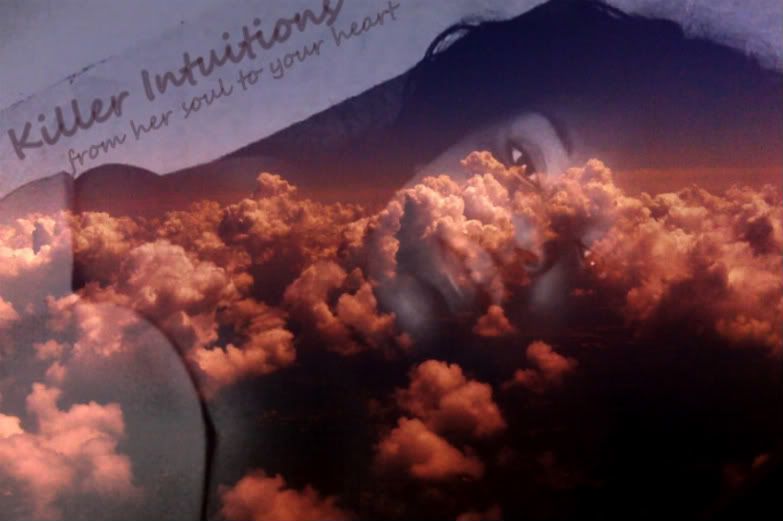Strange Fruit

Thomas Shipp and Abram Smith were African-Americans who were lynched on August 7, 1930 in Marion, Indiana. They had been arrested the night before, charged with robbing and murdering a white factory worker and raping his girlfriend. A large crowd broke into the jail with sledgehammers, beat the two men, and hanged them. Police officers in the crowd cooperated in the lynching. A third person, 16 year old James Cameron, narrowly escaped lynching thanks to an unidentified participant who announced that he had nothing to do with the rape or murder.A studio photographer, Lawrence Beitler, took a photograph of the dead bodies hanging from a tree surrounded by a large crowd; thousands of copies of the photograph were sold.
(1) Abe Meeropol, Strange Fruit, (1939)
Southern trees bear a strange fruit,
Blood on the leaves and blood at the root,
Black body swinging in the Southern breeze,
Strange fruit hanging from the poplar trees.
Pastoral scene of the gallant South,
The bulging eyes and the twisted mouth,
Scent of magnolia sweet and fresh,
And the sudden smell of burning flesh!
Here is a fruit for the crows to pluck,
For the rain to gather, for the wind to suck,
For the sun to rot, for a tree to drop,
Here is a strange and bitter crop.
The song began life as a poem written by Abel Meeropol, a schoolteacher who was living in the Bronx and teaching English at the De Witt Clinton High School, where his students would have included the Academy award-winning screenwriter Paddy Chayefsky, the playwright Neil Simon, and the novelist and essayist James Baldwin. Meeropol was a trade union activist and a closet member of the Communist Party; his poem was first published in January 1937 as "Bitter Fruit", in a union magazine called the New York School Teacher. In common with many Jewish people in the US during this period, Meeropol was worried (with reason) about anti-semitism and chose to publish his poem under the pseudonym "Lewis Allan", the first names of his two stillborn children....
Meeropol wrote "Strange Fruit" to express his horror at lynchings, possibly after seeing Lawrence Beitler's photograph of the lynching of Thomas Shipp and Abram Smith in Marion, Indiana. Though Meeropol/Allan had often asked others (notably Earl Robinson) to set his poems to music, he set Strange Fruit to music himself. The song gained a certain success as a protest song in and around New York. Meeropol, his wife, and black vocalist Laura Duncan performed it at Madison Square Garden.Barney Josephson, the founder of Cafe Society in Greenwich Village, New York's first integrated nightclub, heard the song and introduced it to Billie Holiday. Holiday performed the song at Cafe Society in 1939. She said that singing it made her fearful of retaliation. Holiday later said that because the imagery in "Strange Fruit" reminded her of her father, she persisted in singing it. The song became a regular part of Holiday's live performances.
"The germ of the song was in a poem written by Lewis Allen. When he showed me that poem, I dug it right off. It seemed to spell out all the things that had killed Pop (Holliday's father had died of pneumonia in 1937 after several segregated southern hospitals refused to treat him). Allen, too, had heard how Pop died and of course was interested in my singing. He suggested that Sonny White, who had been my accompanist, and I turn it into music. So the three of us got together and did the job in about three weeks." -Billie Holiday
In interviews, Holiday said that whenever she performed Strange Fruit in the South there was trouble. She told one newspaper that she was driven out of Mobile, Alabama, for trying to sing it. In fact, Holiday made few southern tours, and there's little evidence that she sang Strange Fruit when she did.
Claims that the song was banned from the radio are equally hard to document, but not hard to believe; radio stations played few records then, and rarely anything controversial. "WNEW [in New York] has been trying to get up the courage to allow Billie Holiday, singing at Café Society, to render the anti-lynching song - Strange Fruit Growing on the Trees Down South - on one of the night spot's regular broadcasts," the New York Post reported in November 1939. "Station turned thumbs down a week ago, but approved the number for last night's airing. Then it said 'no' again, but has agreed to let Billie sing it tonight at 1 o'clock." According to one published report, the song was also banned from the BBC.


0 Comments:
Post a Comment
Subscribe to Post Comments [Atom]
<< Home